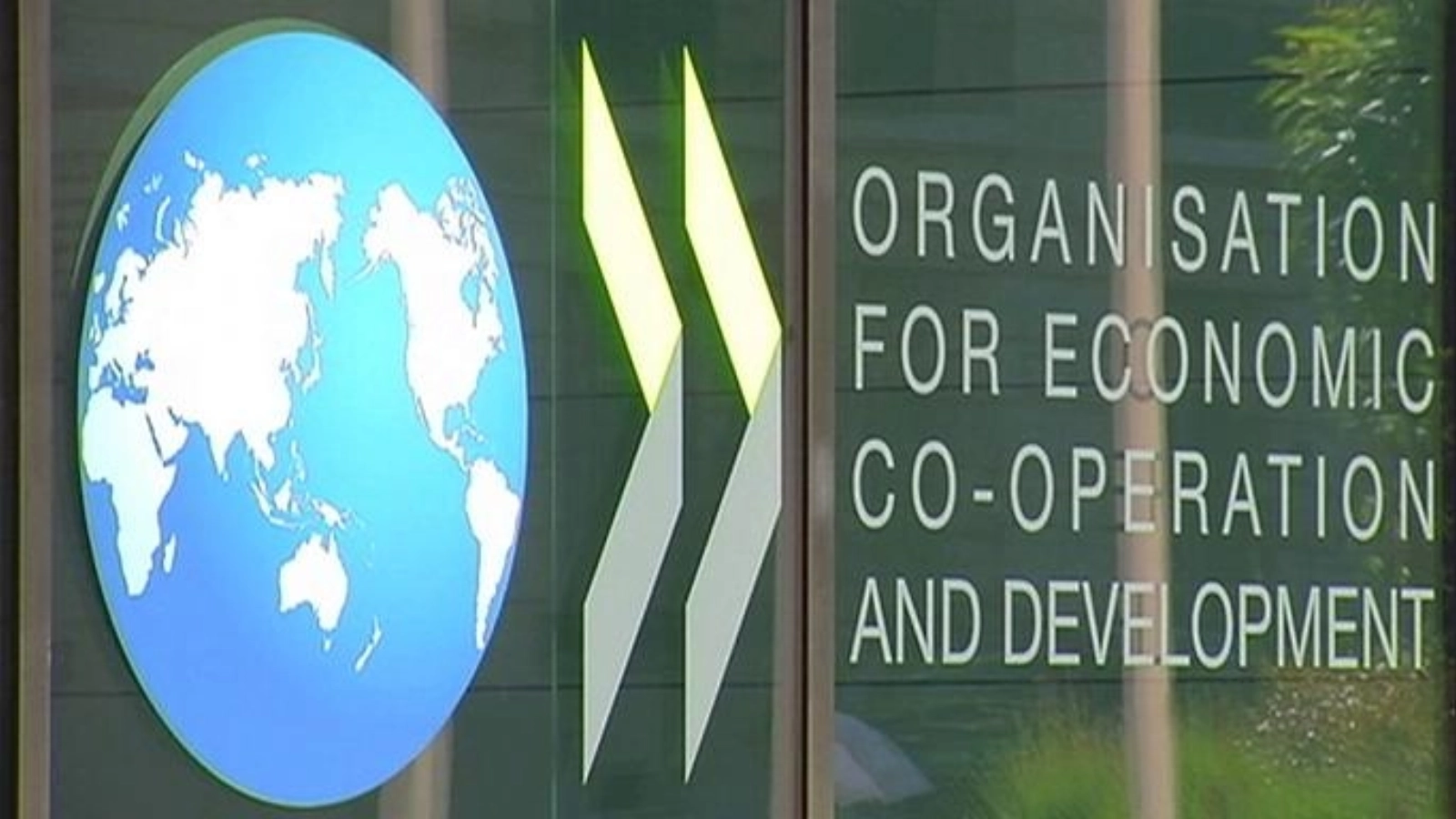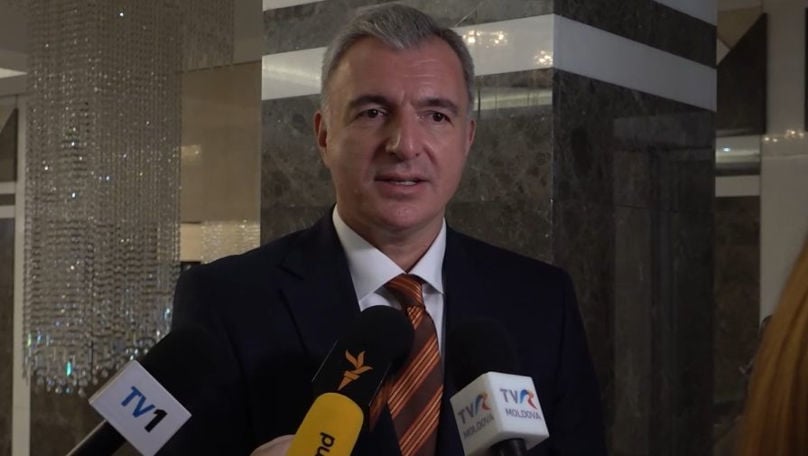Some of the Organisation for Economic Cooperation and Development (OECD) recommendations will be taken over in Romania's special legislation and probably amend the law in the first half of the year, Chairman of the Trade Competition Council Bogdan Chiritoiu told a news conference on Thursday.
He said that the council completed the negotiations in June 2024.
"Externally, you know that we are trying to join the OECD. The government's objective is to finish the negotiations at the end of this year. We, based on competition, are doing well. We were accepted or given the vote by the OECD competition committee last June, and I think at that time we were the third entity to complete negotiations with the OECD. There are a series of recommendations that they made to us and we will report them in June this year. So, by June this year we will decide what we take over from their recommendations. We will probably come up with a change in the law now, in the first half of the year, to take over some of the OECD recommendations and, in June, when the OECD Competition Committee takes place, we will unveil what we take over and what we do not take from their recommendations," Chiritoiu said.
He added that taking over the recommendations is not mandatory, but some of them make sense and will be taken over in Romania's legislation.
"It ia not a prerequisite. We have the vote already given, so even if we say 'we don't want to take over anything', we are still ok, we still received the vote, but, once again, we have to come up and make a presentation, and some of their proposals seem to make sense, so some of them we will take over in the domestic legislation."
Also, the Competition Council will continue to provide assistance, on European Union funds, to Moldova and Ukraine in order for them to join the EU.
"This year, apart from the OECD, we will continue the assistance to Moldova and Ukraine. This autumn the assistance programme that we provide to Moldova began - it is called twining. We, together with our colleagues from Lithuania and Poland, are providing assistance with European Union money to Moldova, in order to prepare it for accession. We also have a technical assistance programme, again funded by the EU, under which we provide assistance to Ukraine. Of course, it's more difficult in Ukraine. Being war, this assistance is generally online. We discuss with them, we have online meetings and we work on their legislative texts, again, to bring their legislation in line with the European Union legislation," said Chiritoiu.
































Comentează